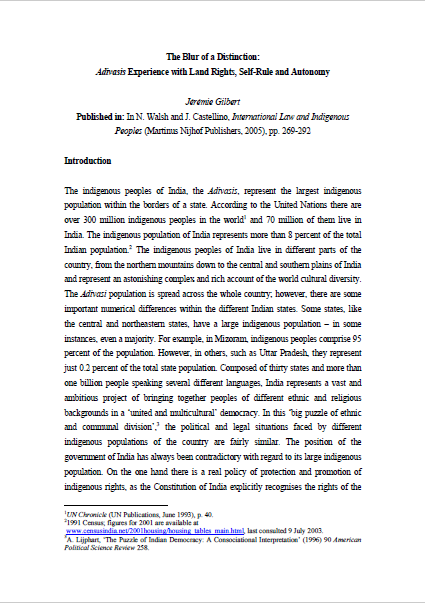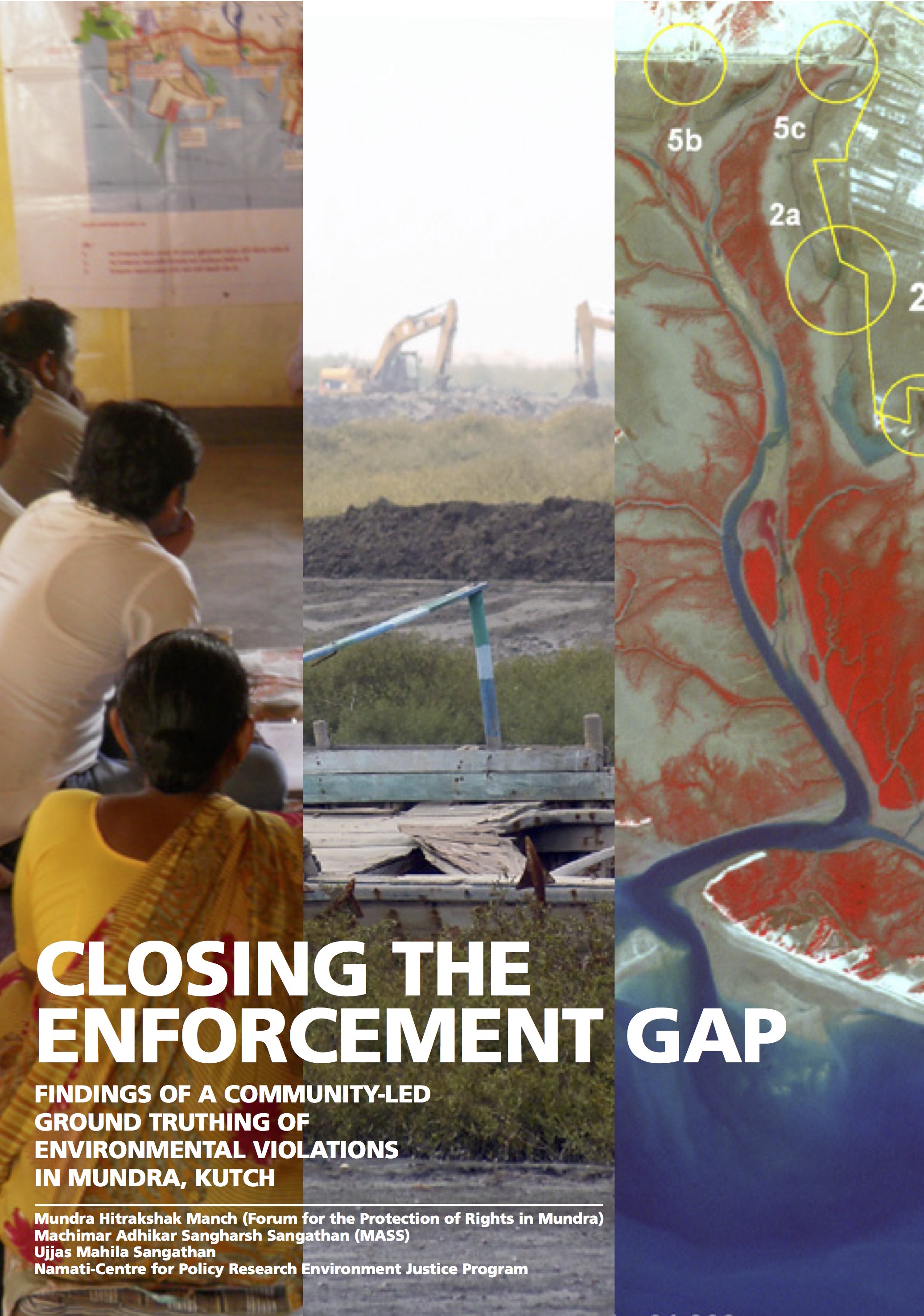Focal point
Location
NRMC is a technical and managerial advisory firm in the development sector that provides evidence-based solutions for sustainable, equitable and inclusive development.
Established in 2004, NRMC is engaged in creating impactful solutions that make a difference to the society. We achieve results at scale by catalyzing partnership with clients and communities. We believe in ethical business, nurturing talent to be courageous to push the limits of knowledge and discovering new ways of doing things.
NRMC experience, high quality skills, breadth of sectors, services make us preferred partners for public and private sector clients and partners in creating sustainable and scalable social impact.
We have a demonstrated in-depth understanding of sectors across project design and solution implementation. NRMC service offering incorporates all aspects of project and program management, development sector advisory, monitoring & evaluation and documentation. Focused on rural and urban poverty, Team NRMC is a professional service provider. Our experience on planning, advisory, technical and management support encompasses the social, institutional and gender dimensions of development. We work with a range of clients which include Government, bi-lateral and multi-lateral agencies, international NGOs, corporates and corporate foundations.
We constantly strive to understand community needs and aspirations, ensuring that we deliver contextual and impactful solutions on behalf of our clients and partners. With offices across six locations, we are able to provide effective and efficient solutions to clients and communities.
Members:
Resources
Displaying 181 - 185 of 208The Blur of a Distinction: Adivasis Experience with Land Rights, Self-Rule and Autonomy
This article was published in a book International Law and Indigenous Peoples edited by J. Castellino & N. Walsh.
Closing the Enforcement Gap: Findings of a Community-Led Ground Truthing of Environmental Violations in Mundra, Kutch
This document is the culmination of a year-long exercise of a community-led process for ground truthing the violations of environmental conditions laid out in the Coastal Regulation Zone approval for a large infrastructure, coal handling and port facility in the Mundra region of Kutch district in the western Indian state of Gujarat. It presents compelling data on the nature of the violations, many of which were anticipated when local community members objected to the Waterfront Development Project (WFDP) of the Adani group in the region.
Development, Displacement and Rehabilitation of Tribal People: A Case Study of Orissa
The main objective of this paper is to describe the magnitude of displacement, the rehabilitation policy and the impact with special reference to tribal people in Orissa. The paper, divided into four sections, discusses the tribal displacement briefly in section one. The second section provides a bird’s eye view of dam-induced displacements in Orissa. Experiences related to four major dams of Orissa have been discussed in section three. Concluding observations have been presented in the last section.
Poverty and the Distribution of Land
Land reform is a many-splendoured thing. The term has been used to include not only redistributive reforms of ownership rights but also the establishment of collective or communal forms of farming, state sponsored land colonization schemes in frontier areas, and land tenure reforms, i.e., changes in the contractual arrangements between the landowner and those who cultivate the land. In addition, tax (and credit) measures intended to create incentives for large landowners to sell part of their holding sometimes are described as “market friendly” land reforms.
Impact Assessment Study of Socio-Economic Development Programmes – A case Study of Himachal Pradesh
Impact Assessment Study of Socio-Economic Development Programmes in Himachal Pradesh, sponsored by the Planning Commission, Government of India has been conducted by Asia pacific Socio-Economic Research Institute, New Delhi from December 1999 to February 2000.


